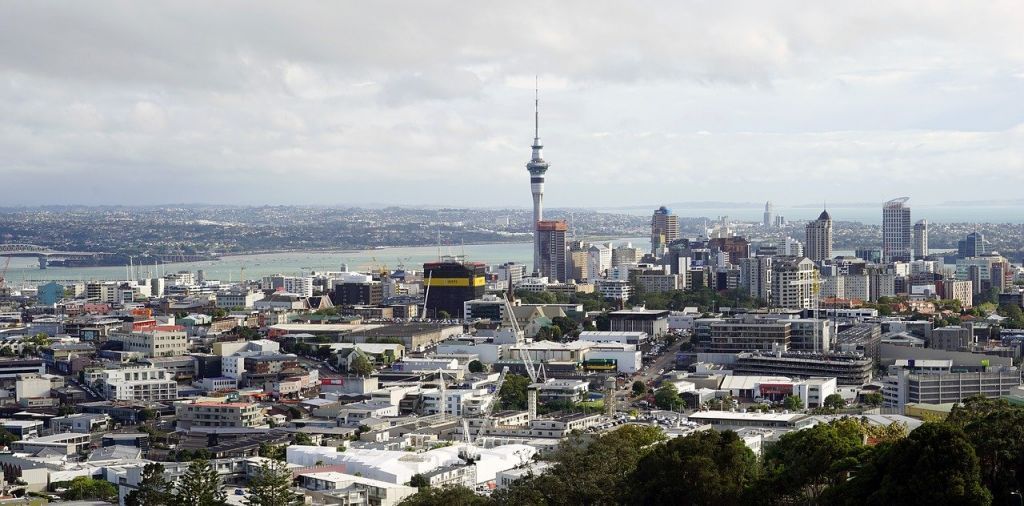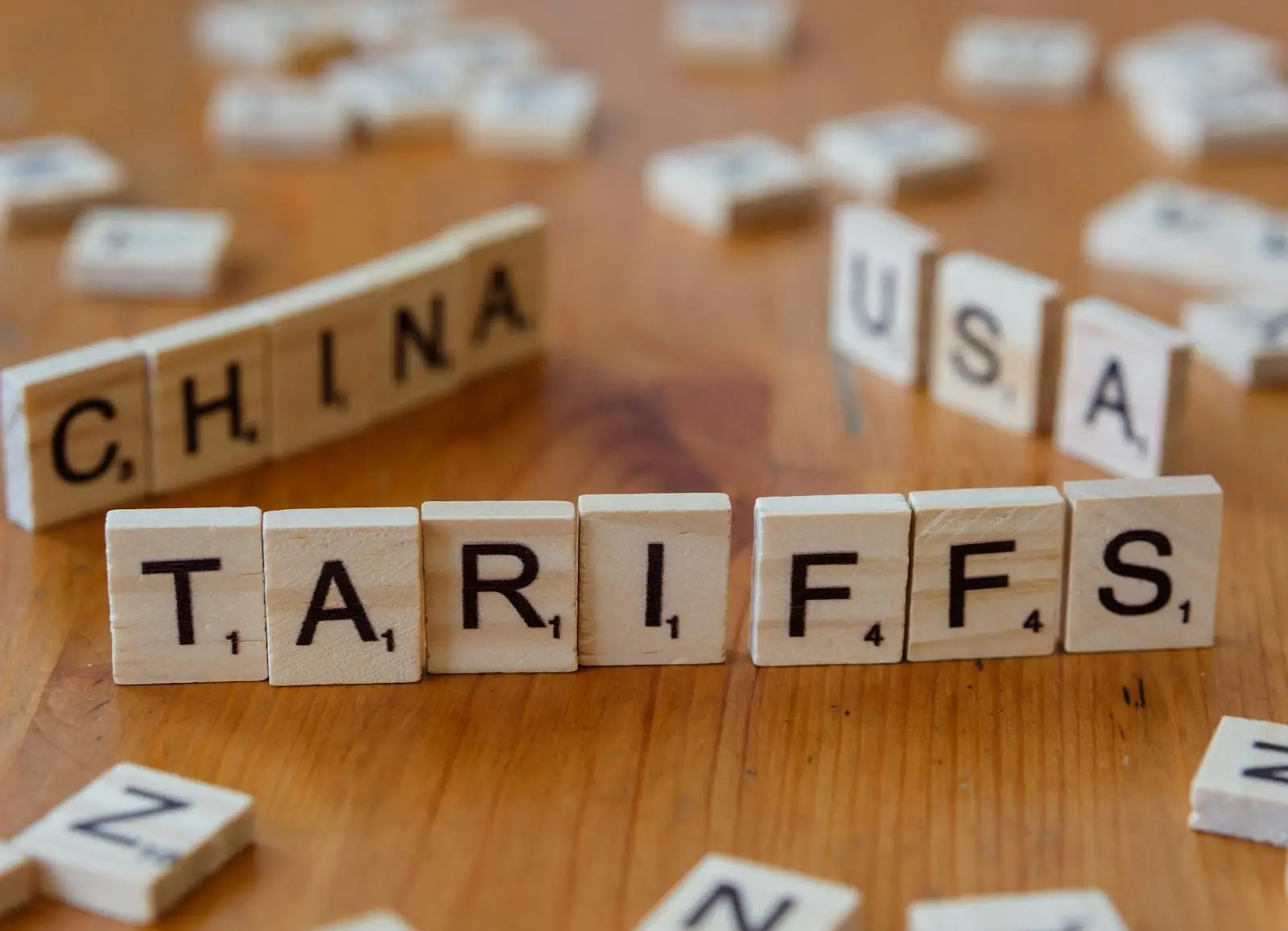Airlines for America (A4A) expects a record 257.4 million passengers — an average of 2.8 million per day — to travel on U.S. airlines between June 1 and Aug. 31, 2019.
That number is up 3.4 percent from last summer’s record 248.8 million passengers. Airlines are adding 111,000 seats per day to accommodate the additional 93,000 daily passengers expected during the summer travel period. This will be the 10th consecutive summer to see an increase in the number of U.S. airline passengers.
Inflation-adjusted air fares declined for a fourth consecutive year in 2018, with the average domestic fare dropping to $350, including government-imposed fees and taxes. That ticket price is down 15.9% from 2014 and, according to the Bureau of Transportation Statistics, it is the lowest average inflation-adjusted fare since the agency began collecting such records in 1995.
Airlines Oppose Airport Tax Hike
As air fares continue to fall, some airports are pushing for a tax increase on everyone who flies. Taxes already add 20 percent or more to the cost of a flight, but many airports and others are asking Congress to double – or raise even higher – the Passenger Facility Charge (PFC), the airport tax that passengers pay every time they purchase a ticket.
Annual airport revenues have reached an all-time high of $30 billion, with customers paying $6.9 billion per year in airport taxes, including a record $3.5 billion in PFCs in 2018. Additionally, U.S. airports are sitting on $14.5 billion in cash on hand, and there is a $7 billion surplus in the Airport and Airway Trust Fund.
If the PFC is doubled, a family of four will have to pay an additional $72 – or $144 total – for a roundtrip, one-stop domestic flight.
Airlines Support Supplemental Funding for Customs and Border Protection Operations
On the eve of the busy summer travel season, the government has begun diverting Customs and Border Protection Officers (CBPOs) from U.S. airports to the southern border. If this is permitted to continue, it will lead to excessive lines and wait times for passengers and cargo entering the country from overseas. This would discourage leisure and business travel to the U.S. and jeopardize the economic benefits that come with it. A4A calls upon the Administration and Congress to work together to address security concerns on the southern border in a way that will not adversely impact air transportation at a time when the system needs to be operating at peak efficiency.
A4A has joined five other aviation and travel industry associations in a letter to Senate leaders urging them to support the Administration’s request for supplemental appropriations, which contains funding for CBP officer staffing and overtime, including for operations at our nation’s airports.
Travelers Urged to Get REAL ID Driver’s License by Deadline
Beginning October 1, 2020, passengers must present a REAL ID-compliant driver’s license or another form of acceptable identification, such as a valid U.S. passport, at Transportation Security Administration (TSA) screening checkpoints. A4A urges travelers to check with their state’s driver’s license agency for more information and obtain a REAL ID-compliant driver’s license prior to the deadline.













